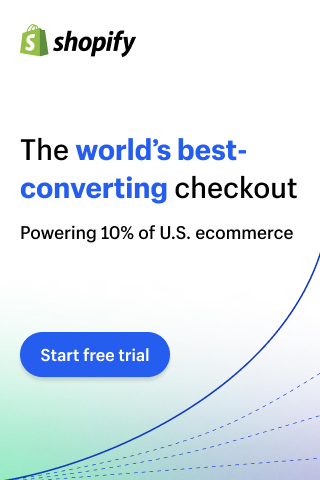When you’re just getting your ecommerce business off the ground, keeping track of your finances can be a bit of a nightmare. If you haven’t had to do any accounting before and this is the first business you’ve managed, it can feel overwhelming when you first take a look at everything you need to keep track of and do. But never fear, as once you break it all down into manageable pieces, accounting will become a natural part of your everyday operations and won’t take up much of your time.
Be in the know
First of all, you need to ensure you know what the laws and regulations are surrounding business accounting in your jurisdiction. This will require some extensive research online and perhaps speaking to a tax advisor. If you’re located in the UK, take a look at the business resources on the government’s website [https://www.gov.uk/browse/business]. If you’re in the US, check out the government’s BusinessUSA site [http://business.usa.gov/] and information about taxes [https://www.usa.gov/taxes]. For those of you in other countries, you’ll find that most governments have their own sites regarding doing business in that territory and the financial and tax implications of doing so.
Stay on top of your bookkeeping

To make sure your accounting goes smoothly, keep records of all your financial transactions. If you don’t do this as you go along, you’ll end up wasting lots of time trying to find missing documents later, which will cause unnecessary stress. Keep all your receipts, invoices and anything else that shows your income and outgoings. Try to keep them filed in a logical, systematic order to save you time further down the line. Ideally, you should have digital copies of all your important files and give them appropriate file names, including the document type and the date; again, this will save you a significant amount of time in the long run.
Choose an accounting solution
The best way to manage the accounting of your ecommerce venture is to utilise an online accounting solution. These useful pieces of software can generally be set up easily, enabling you to take control of your accounting. They’re usually found in the cloud too, so you’ll be able to access your data wherever and whenever you need to. Some platforms even allow you to integrate the accounting program into your ecommerce site, making things even easier for you. There’s a lot of choice out there though, so here are our top picks to help you narrow it down:
Wave
One of the best things about Wave is that it’s completely free. That’s right: no short free trial and no monthly subscriptions, just 100% free, all of the time. With Wave, you can take care of accounting, payroll, invoicing and more. You can have data automatically imported from PayPal, Excel and many other sources, and easily generate reports and create payslips and invoices. This is the ideal choice when you’re starting out and don’t have a big budget.
QuickBooks
As the number one rated small business accounting software, you can expect great things from QuickBooks. They offer accounting applications on-premises, as well as in the cloud. QuickBooks can be integrated with most of the major ecommerce platforms, including Shopify, eBay, Etsy and Amazon. This minimises time-consuming data entry tasks and means you can easily track inventory and expenses. With this software you pay a monthly subscription (the first month is free), the cost of which depends on the package you choose. Each package comes with different benefits and depends on your needs and the size of your business.
Kashoo
This software is built to allow small business owners to take care of all their accounting themselves, like they take care of all other parts of their business. The interface is simple and clear, and data entry is quick and easy. You can even integrate the system with many of today’s popular financial apps.
Kashoo claim it takes just one day to learn how to use their program. But with free unlimited support, you can rest assured you won’t be left trying to figure everything out by yourself if it doesn’t take you one day to learn. As a Kashoo customer, you also gain access to a large video tutorial library, to help you get the hang of the system and business accounting.
Xero

A market leader in cloud accounting in the UK, Australia and New Zealand, Xero is at the forefront of Software as a Service’s growth. They aim to “help small businesses thrive worldwide” with their huge product range and innovative services. With over half a million subscribers, Xero has an excellent reputation for providing reliable, comprehensive and useful online accounting solutions. For small businesses, cashflow, invoices, payments and payroll can all be handled through their online accounting software. Xero’s apps also allow seamless use across all major devices, with data stored in the cloud for easy access at all times. You can also benefit from multi-layer security, free 24/7 support and hundreds of add-on business apps.
Xero is a popular choice with accounting and bookkeeping firms worldwide, so you can trust that it is built by financial professionals for financial professionals.
Call in the experts
If you’re in any doubt or you find the whole accounting process for your business confusing, it might be worth getting your own accountant. An accountant (especially one that specialises in ecommerce) can help to ensure you’re following all tax regulations and take a large weight off your shoulders. If you find an accountant online, make sure you choose one that’s certified in your country and who has great reviews. Many online accountancy firms now offer packages with unlimited support rather than billing by the hour, so shop around to find the service that suits you best.
